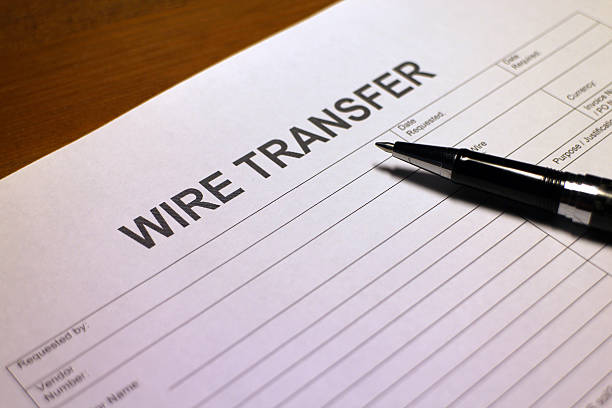Domestic Transfers: Transfers made within the same country, from one bank to another, are generally the quickest. They often take anywhere from a few minutes to a few hours. Many banks offer instant or same-day transfers for domestic transactions.
International Transfers: Sending money internationally involves additional complexities. The processing time for international transfers can range from a few business days to up to a week or more, depending on the destination country and the banks involved. Delays may occur due to time zone differences, currency conversion, and intermediary banks.
2. Banks Involved
Same Bank Transfers: If both the sender and receiver have accounts at the same bank, the transfer can be nearly instantaneous. Many banks provide immediate transfers between accounts held within their institution.
Different Banks in the Same Country: Transfers between different banks within the same country typically take one to three business days. The banks need time to verify and process the transaction.
International Transfers: International transfers involve multiple financial institutions, including intermediary banks and correspondent banks. These additional steps in the transfer process can result in longer processing times, particularly for exotic or less commonly used currency routes.
3. Business Days and Cut-Off Times
Bank transfers are often processed on business days (Monday to Friday). The time of day when you initiate the transfer can also affect the processing time. If you initiate a transfer late in the day or on a weekend, it may not be processed until the next business day, potentially adding to the overall time it takes.
4. Verification and Security Checks
Banks have strict security measures in place to prevent fraud and ensure the legitimacy of transfers. If a transfer raises any red flags during these checks, it may be delayed while the bank investigates the transaction. This can add to the overall processing time.
5. Additional Services and Fees
Some banks offer expedited transfer services for an additional fee. If you're in a hurry to send funds, you can inquire about these options, but keep in mind that they may come with higher costs.
Tips for Faster Bank Transfers
To minimize the time it takes for a bank transfer, consider the following tips:
Use the Same Bank: If possible, choose a recipient with an account at the same bank as yours for faster transfers.
Check Cut-Off Times: Be aware of your bank's cut-off times for same-day processing, and initiate transfers accordingly.
Provide Accurate Information: Ensure that you provide accurate recipient details, including the correct account number and routing information, to prevent delays caused by errors.
Consider Faster Payment Options: Explore alternative payment methods, such as wire transfers, for quicker international transactions, even though they may come with higher fees.
In Conclusion
The duration of a bank transfer can vary widely depending on several factors, including the type of transfer, the banks involved, and the destination of the funds. While some transfers can be completed in minutes, others may take several business days, particularly if they involve international transactions. Understanding these factors and following best practices can help you manage your finances more efficiently and plan for the time it takes for your bank transfers to be processed.
Frequently asked questions (FAQs) for bank transfers




